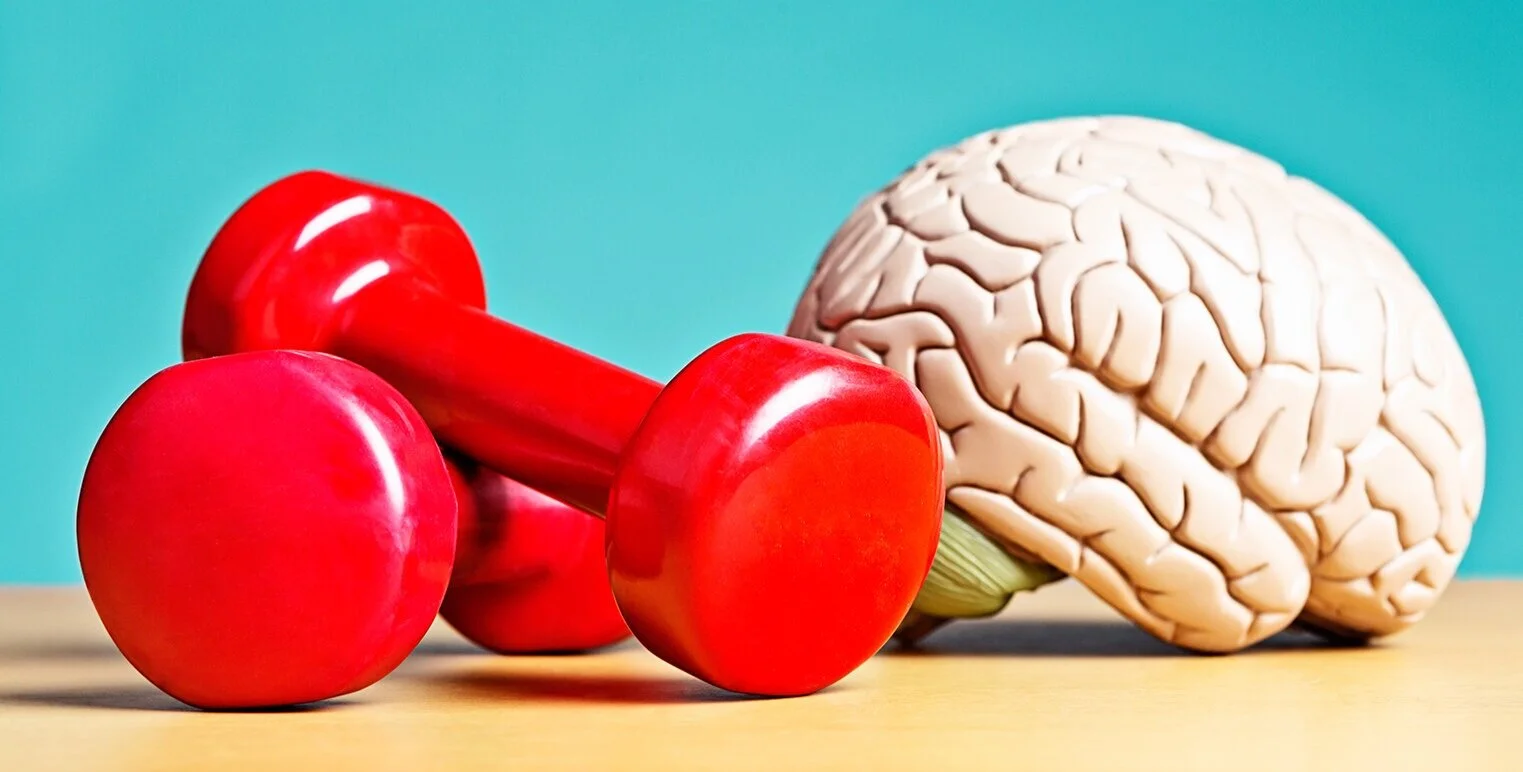Stay Sharp!
As we all know there are changes to every part of the body as we age. The brain is no exception. Fortunately, medical researchers have identified several key lifestyle habits and activities that promote brain health as you age. And before you think it’s “too late”, there is good news: Regardless of age, the brain benefits from these habits and activities.
The following strategies are listed in order of magnitude of potential benefit:
Stay physically Active
Exercise, Exercise, Exercise...the BODY! 30 minutes of moderate exercise each day keeps blood flowing to the brain to keep cells healthy, may even encourage new cells, and can help elevate mood.
Stay Mentally Active
Use it or lose it! Find ways to keep engaged in life and learn something new each day.
Get Your Hearing Checked
Listen up! Emerging evidence suggests our brains will age more slowly if we can keep hearing the world around us. At the first sign of hearing loss, head for an evaluation.
Manage blood pressure
Keep track of these key health indicators: Blood pressure, weight, and body mass index, cholesterol, fasting blood sugar. These are typically measured at an annual wellness exam so don’t skip it.
Quit Smoking
This is a challenging habit to break. Please talk with your primary care provider for supportive strategies for quitting. The evidence is clear that your body will start to benefit as soon as you stop.
Stay Socially Connected
Find a Friend. Research is clear that people with friends live happier, healthier, and longer lives. Stay connected and engaged. Pen pals, anyone?
Monitor Cholesterol
Keep track of this key health indicators: Cholesterol, fasting blood sugar. These are typically measured at an annual wellness exam so don’t skip it.
Maintain a Healthy Weight
Eat to live, don’t live to eat! Consider the Mediterranean diet for optimal nutrition. Eat for your MIND! The MIND and Mediterranean diets have been shown to reduce cognitive decline and Alzheimer’s progression.
Control Diabetes
Keep track of this key health indicator: Fasting blood sugar. This is typically measured at an annual wellness exam so don’t skip it.
Limit Alcohol
For women 1 per day; men no more than 2.
Treat Depression
Relax! A calm blue ocean is where it’s at. The brain is healthiest and most productive when it isn’t under the effects of the emotional stresses of either depression or anxiety
Prevent Head Injuries
Share this one with the grandkids! Protecting the brain from trauma reduces the risk of dementia in the future. Wear a helmet for any activities that increase risk of falls.
Breathe Clean Air
It can be tough to control the air around you. If you live in a smog-prone area you may want to consider home air purifiers which come in a range of sizes.
Protect Your Vision
Emerging evidence suggests that our brains may age more slowly if we can continue to see the world around us. Keep up with annual vision exams to address the wide range of age-related changes that may reduce vision.
A final note about the impact of sleep on the risk for dementia. While there is some evidence that reduced sleep increases the risk of future dementia, the Lancet Commission members felt the evidence was insufficient to make the list this year. We will watch for the update. Given the range of other negative impacts of lack of sleep, it still is advisable to talk with your primary care provider if you are having any issues.
A Health Brain Checklist is attached if you want to keep track of your progress, addressing any of these risk factors: Brain Health Checklist
Please talk with your own/loved one’s healthcare provider before using any of this information.

